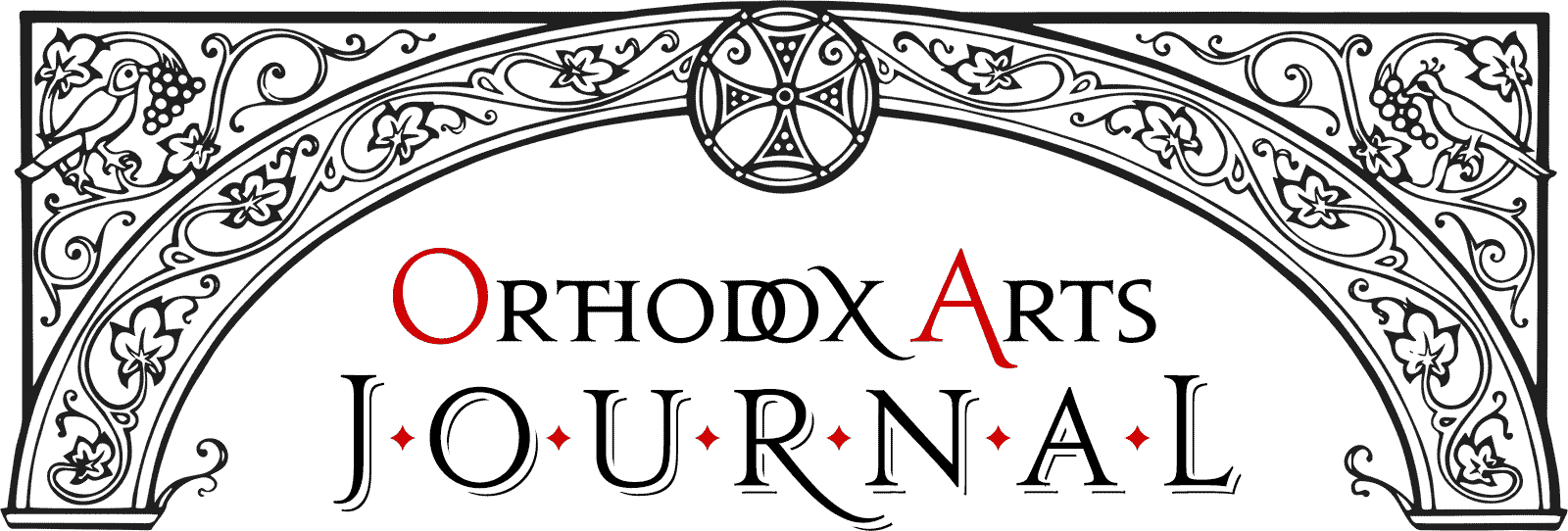Similar Posts
In this video, I interview Benedict Sheehan and his wife Talia-Maria. Benedict is well known by OAJ readers as a composer and the music director at St-Tikhon’s Seminary. He has been quite active in the world of Orthodox music and recently celebrated for his composition of a Divine Liturgy. In the last few months, what has caught my attention across their numerous activities is the creation of the Artefact Institute. This new venture boasts the bold claim of teaching the technique of culture creation.
When we speak of culture creation, we are of course not thinking of the entertainment culture in which we are constantly soaking. What most people today call culture has been mostly relegated to a spectator sport. There is very little left of the celebrations, carnivals, processions, parades, dances and other participative activities which used to pattern both the sacred and secular lives of our ancestors. This is something which I have harping on quite a bit recently. Our individualism and the general breakdown of communal spaces has made it so that even for those of us who have embraced the Orthodox Faith, we often find there is a severe disjuncture between the communion experienced in liturgy and the return to the isolated hum drum of daily life.
Long ago, cultures emerged naturally out of the necessity to be bound to each other in order to survive in a harsh world. It is sad but inevitable that many of our ancient habits would be disrupted as our material capacity increased radically, making it possible to exist independently from each other. Who in the modern suburb knows more than a few of their neighbors? Who especially feels they need their neighbors to trade with or to defend themselves from an enemy? Benedict and Maria contend that what used to come naturally needs to be taken on deliberately in our modern times, not so much out of material need, but to find ourselves and our purpose through communion with others. The couple has created the Artefact Institute to help us all in recapturing culture creation in a participative mode. Their activities span everything from family liturgics, to storytelling, to how one should set up a table when receiving guests. In looking at such a broad range of topics, we find there is a thread, a common mission to recreate meaningful social patterns and common memory, reinvigorating our celebrations so that we can recapture the building blocks of common culture.
